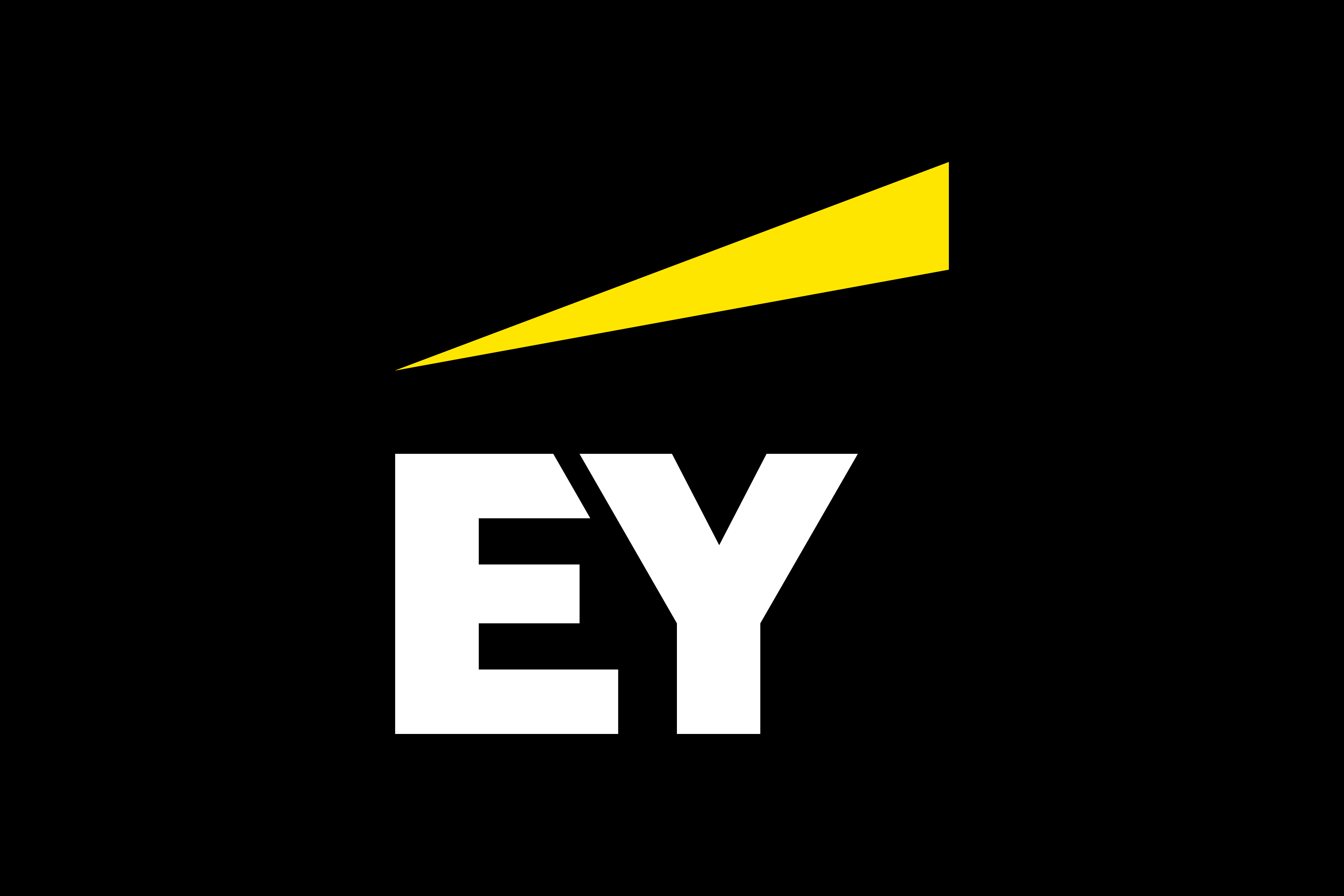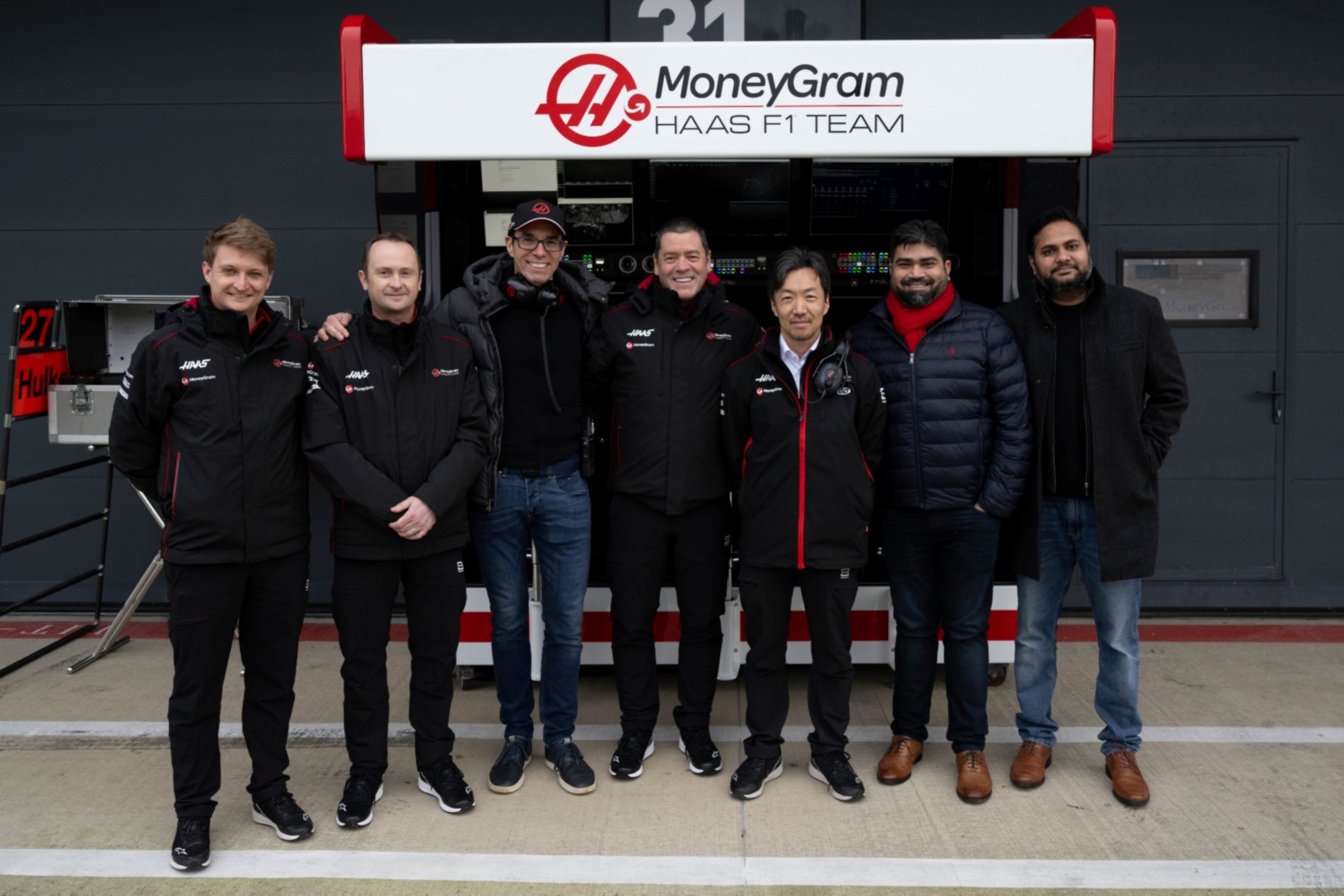EY refers to the global organization, and may refer to one or more, of the member firms of Ernst & Young Global Limited, each of which is a separate legal entity. Ernst & Young Global Limited, a UK company limited by guarantee, does not provide services to clients.
Majority of UK business executives see the metaverse as an opportunity to ‘move the needle’ on DE&I
47% of executives are already investing in or using the technology in some way
Nearly half (45%) of those already investing in the technology are doing so in customer support, therefore applying DE&I best practices is mission critical
There is work to be done for DE&I to be prioritised above profits in the release of metaverse technologies
Nearly two-thirds of respondents (64%) believe it offers an opportunity to transform their approach to creating a diverse and inclusive workplace
As business use cases focus on people-centric applications, best practice in DE&I becomes critical when building trust in the metaverse.
The metaverse is predicted to have the potential to help UK executives ‘move the needle’ on DE&I initiatives, according to research released today by EY. As adoption increases and business use cases solidify, bedding in DE&I best practices early on will help UK businesses seize this opportunity.
According to EY’s 2023 Metaverse Readiness Survey, adoption of the technology is growing. Nearly half (47%) of business leaders are already investing in or using the technology in some, with 61% believing they cannot afford to be absent from it. When asked how they intend to apply it in a business setting, responses revealed that they’re to be predominantly people-based and focused on areas such as customer service.
The imperative for organisations is to build trusted customer experiences using the technology. However, the survey has prompted concern that DE&I initiatives are not currently a priority for business leaders as they build their capabilities, with thirty-nine per cent saying there is a risk that business interests will trump user rights such as accessibility, diversity and inclusion.
That said, there is optimism around the benefits that metaverse technologies could have in furthering DE&I initiatives, if managed carefully. As a result, nearly two-thirds (65%) of the surveyed executives say their companies recognise the DE&I implications and are actively looking at how to manage risks. As an example, 63% are actively supporting employees/users with physical conditions, like visual impairments, to ensure they can access and work in the metaverse. It is this proactivity that will help build trust in metaverse technologies, with two thirds (64%) believing it “offers an opportunity to transform our approach to creating a diverse and inclusive workplace”.
Laura Henchoz, Emerging Technology Markets Leader EY UKI said: "Trust in new technologies, especially where their applications are predominantly people-based, is hard-earned yet critical for their development. Whether intended for team collaboration or customer support, building experiences that are diverse, equitable and inclusive is central to creating trust in the technology and realising the benefits.
“The good news is that leaders don’t need to reinvent the wheel. They can build on existing learnings from AI and social media, not only to ensure ethical practices are followed but also to allow for DE&I initiatives to be progressed in new ways. In taking this proactive approach, we could be about to see many exciting applications from early movers.”
To help businesses gain insight into how DE&I practices can be built into the metaverse and its applications, EY Foundation, EY Metaverse Lab, Ofcom and the School of Digital Arts (SODA) at Manchester Metropolitan University are collaborating to understand the impact of the metaverse on social inclusion. Working with young people from low-income backgrounds in Greater Manchester, in tandem with the metaverse diaries of award-winning visual artist, Alina Akbar, a key outcome of the project will be the creation of principles and recommended actions for building a socially inclusive metaverse. Read more here.
For further information and to download the full report or visit Building trusted customer experiences in the metaverse | EY UK.
Related news
Majority of UK business executives see the metaverse as an opportunity to ‘move the needle’ on DE&I
The metaverse is predicted to have the potential to help UK executives ‘move the needle’ on DE&I initiatives
EY announces acquisition of UK technology business, Pythagoras Communications Holdings Limited
EY has today announced the acquisition of Pythagoras Communications Holdings Limited (Pythagoras), a leading UK technology company and Microsoft Gold Partner. Pythagoras provides professional services and solutions using technology platforms including Microsoft Azure, Dynamics 365, SharePoint and the Power Platform.
EY appointed by MoneyGram Haas F1 team to implement Microsoft Dynamics
EY comments on the government’s AI whitepaper consultation
The AI whitepaper response is a positive step in outlining the UK government’s ambition for AI regulation
EY UKI comments on £45 million investment in quantum sector
EY comments on the government’s £45 million investment in the UK’s quantum sector
EY launches South West Innovation Hub as part of regional FinTech investment
EY has announced plans to establish a new Business Research Innovation Technology and Engineering (BRiTE) Hub in Bristol.









